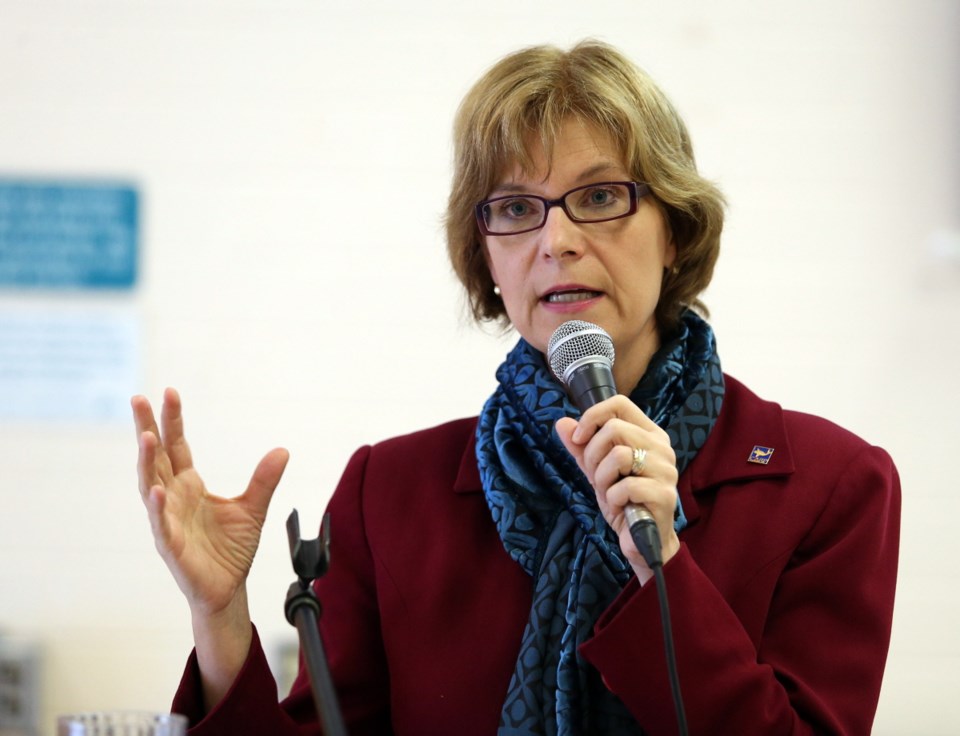B.C.’s Seniors Advocate is concerned about the declining income of seniors, especially acute in B.C. relative to other parts of the country.
Citing the latest income survey from Statistics Canada, Isobel Mackenzie said despite good news for B.C two-parent households — their median income is increasing — for seniors “the story is the complete opposite.”
Since 2013, B.C. senior families saw their annual median income fall 5.7 per cent while the national rate increased.
The decline for a B.C. single senior was even steeper, with a 6.3 per cent drop since 2013.
Meanwhile, the national average showed a 1.9 per cent increase for senior families and a 2.3 per cent increase for single seniors.
By comparison, B.C.’s single working-age individuals saw a 4.7-per-cent increase and working-age couples in B.C. with children saw a 9.7- per-cent increase in their income — exceeding the national averages, which saw a decrease of 2.0 per cent for singles and an increase of 4.5 per cent for couples with children.
Nationally, the percentage of Canadians aged 65 years and older living on low incomes rose to 12.5 per cent.
The new Statistics Canada data released last week shows that 30 per cent of single, elderly women are considered low income — triple the level of two decades ago, said Mackenzie.
The seniors’ advocate said reliable median income data shows that the median income of seniors is shrinking in the face of unhelpful stereotypes that all seniors are rich.
“We know that seniors have the lowest median income of any age cohort over 25 and now we know that, in B.C., seniors’ incomes are actually shrinking while other age groups are experiencing significant increases,” said Mackenzie, in a news release.
Record-low interest rates, life expectancy exceeding the time frame of a Registered Retirement Income Fund (RRIF), and the inability of private pensions to provide cost of living increases are all contributors to senior poverty, she said.
In B.C., the lowest income seniors (54,000) receive the B.C. Seniors Supplement, which has remained the same amount for more than 25 years.
Most seniors don’t have a mortgage, but more than 20 per cent are renters.
For those with home equity, the government needs to find more creative and responsible ways for seniors to unlock it so that they can cover both expenses and health care needs, Mackenzie said.
The seniors’ advocate is an independent office of the provincial government which monitors seniors’ services and publicly reports out on systemic issues of concern.



